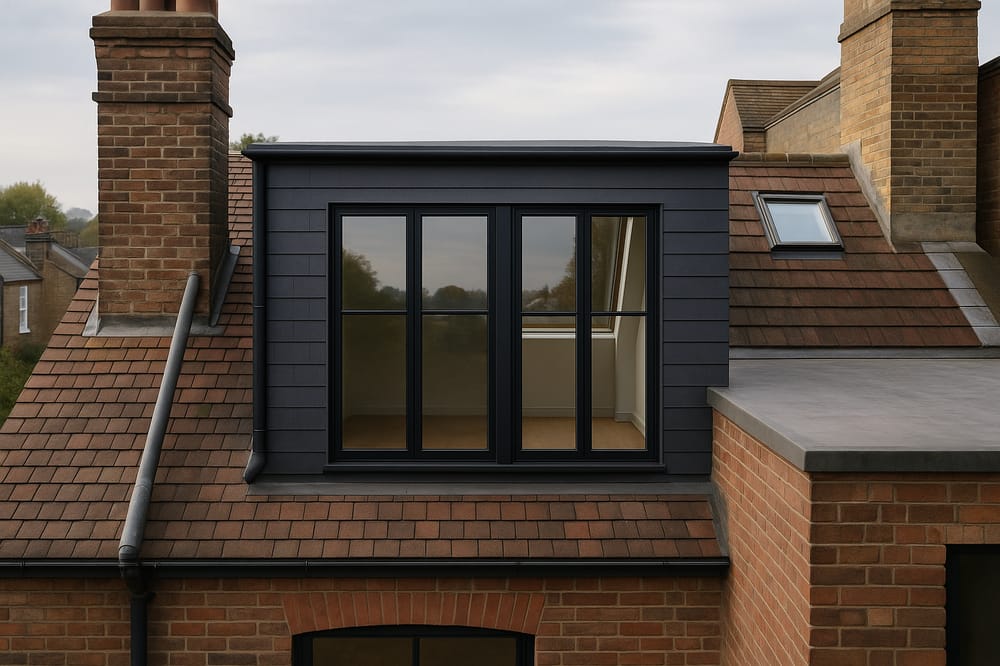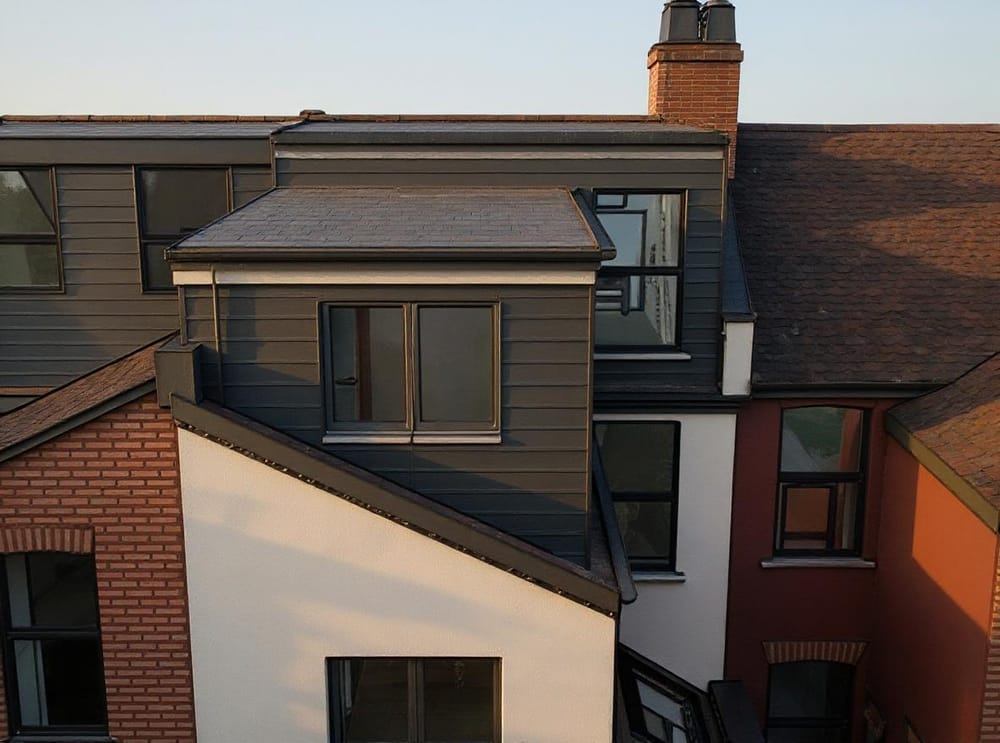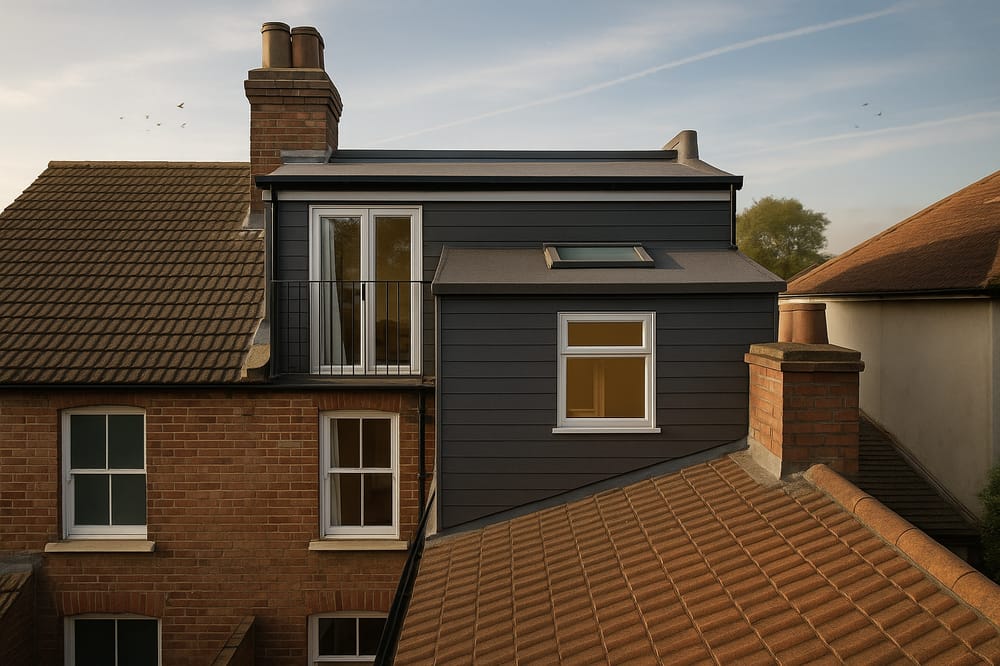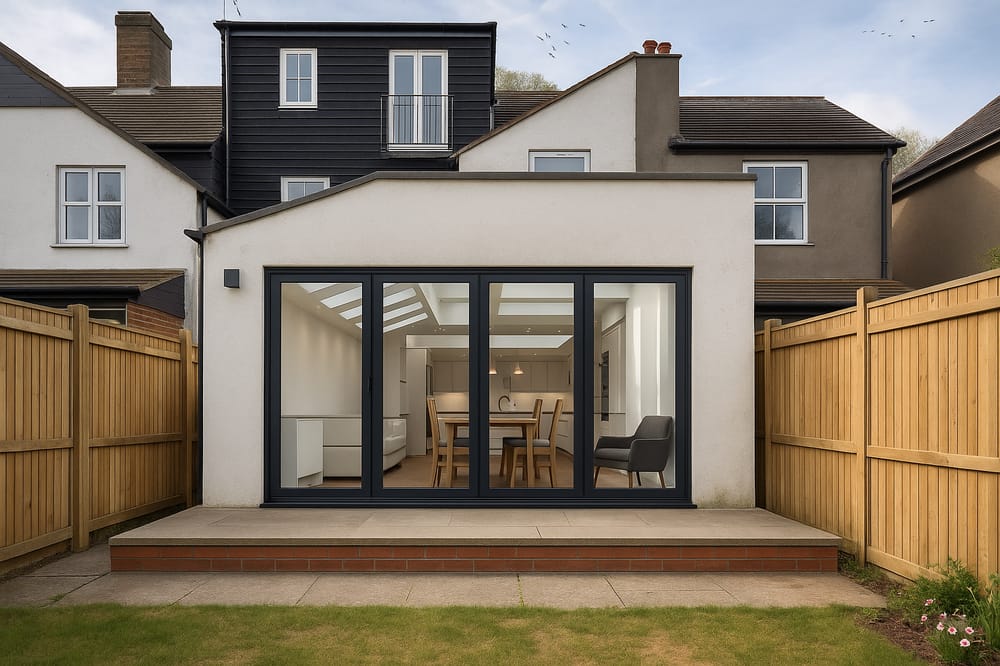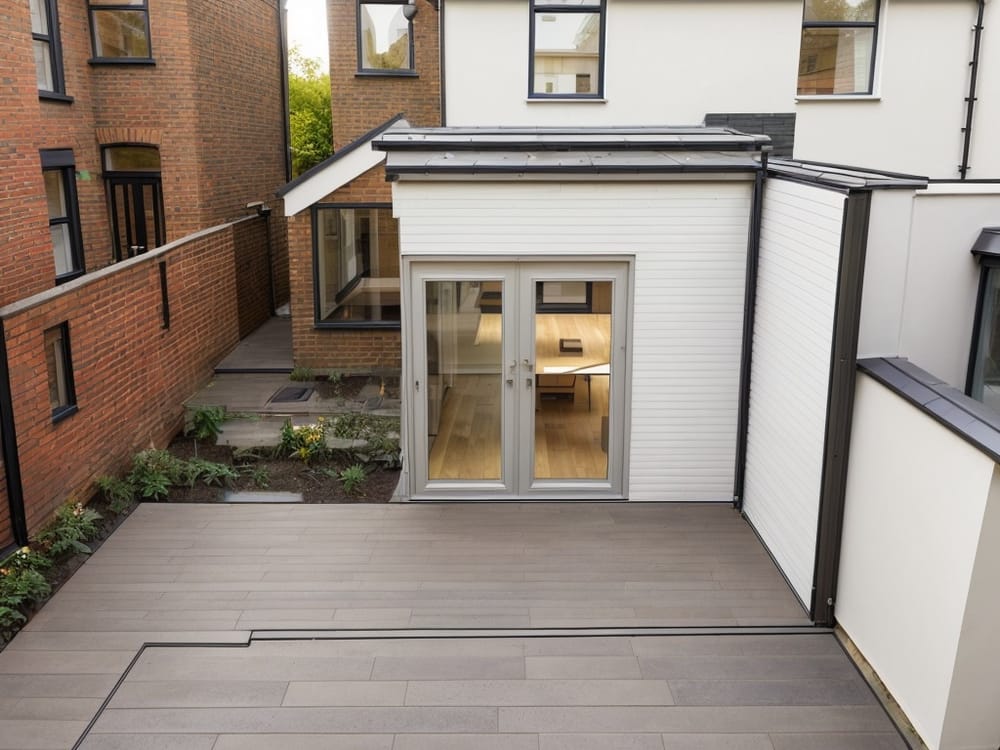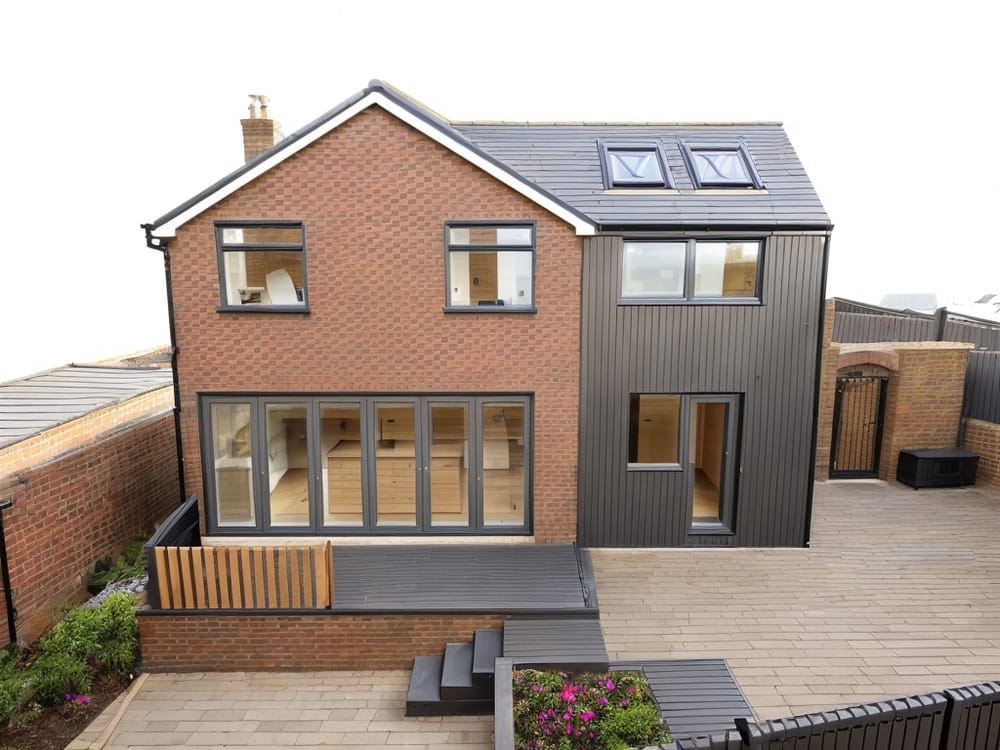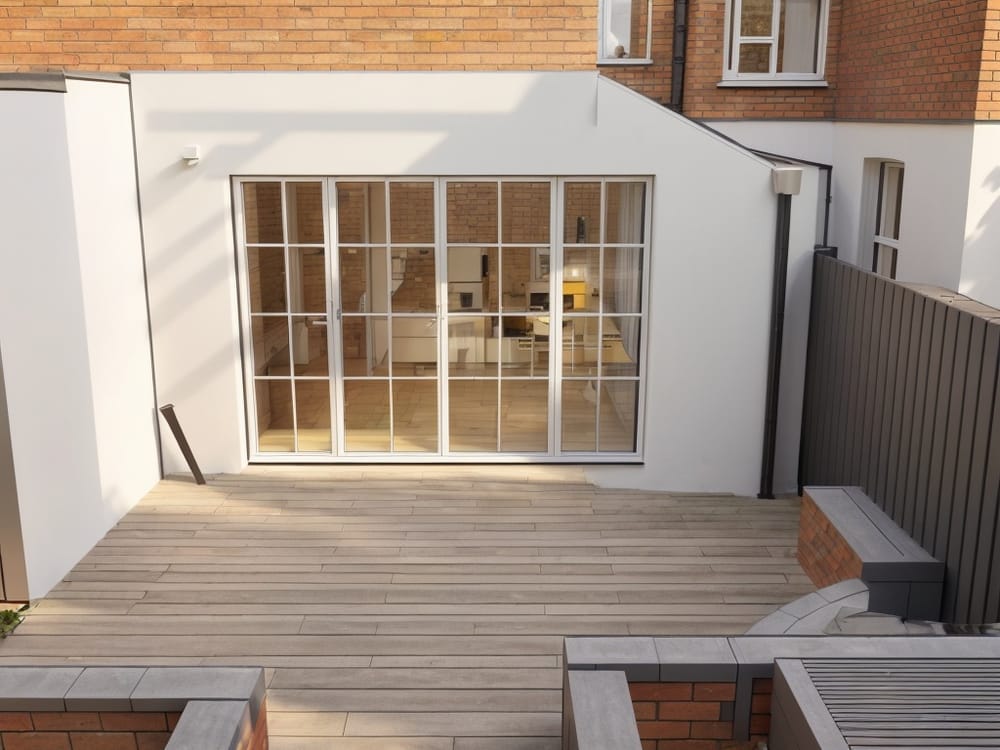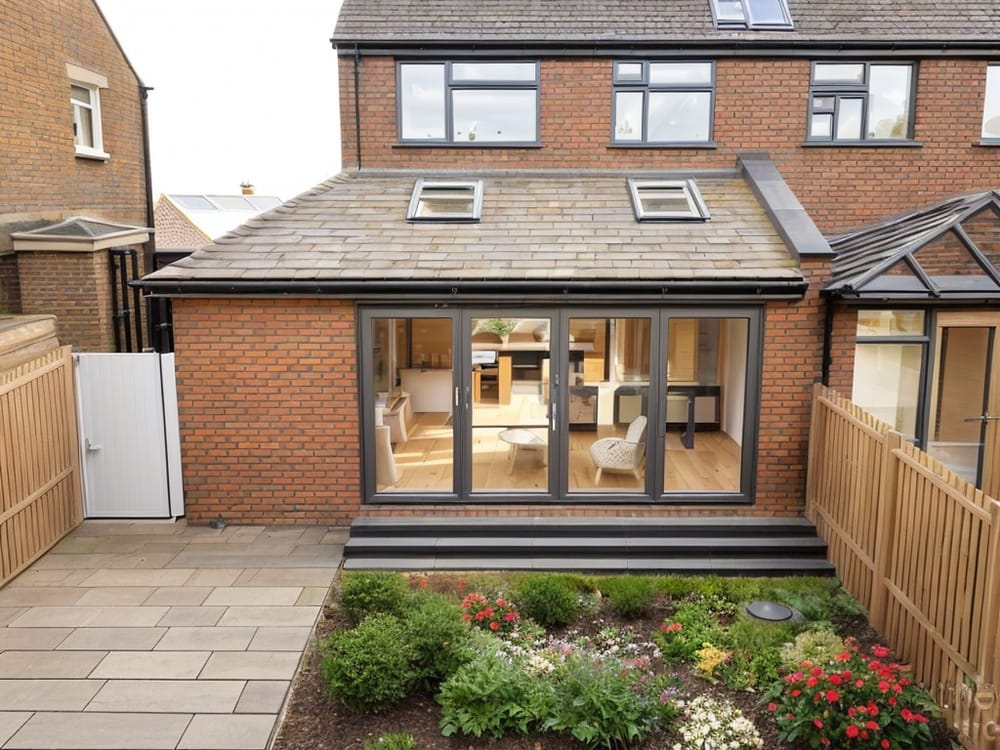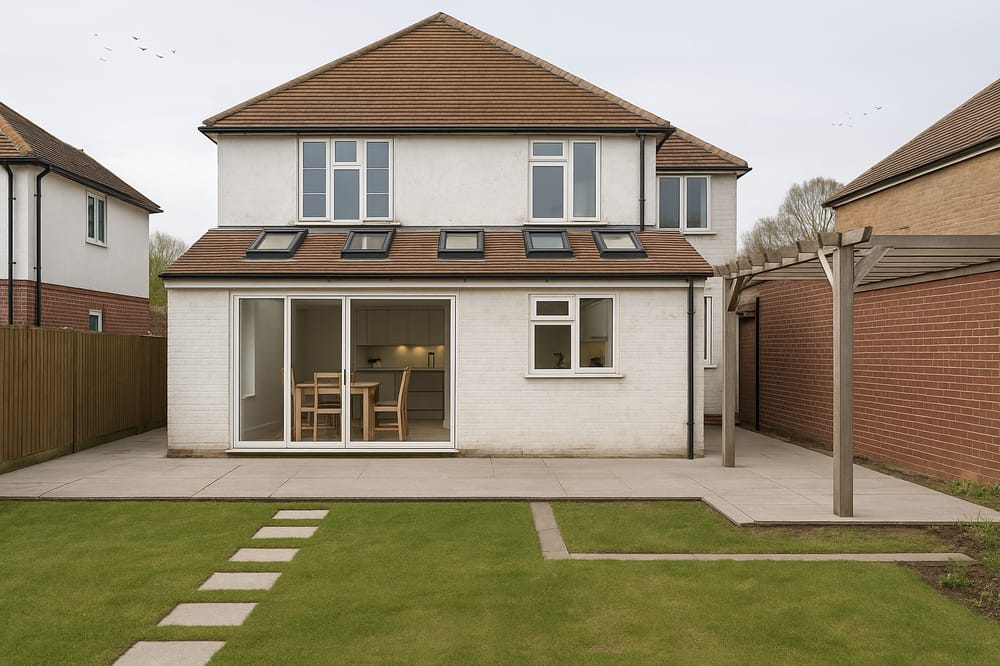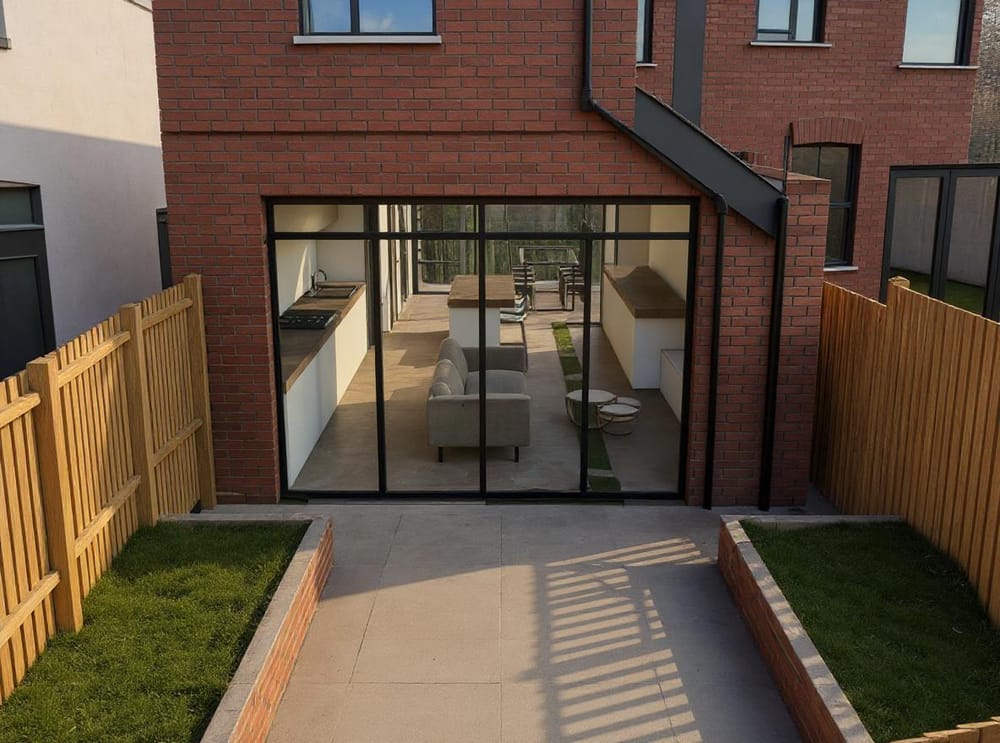Everyone knows the difference between a flat and a house, but what about their lesser-known cousin, the humble maisonette? The linguists among us could make an informed guess considering the word maisonette derives from the French term ‘petite maison,’ which means ‘small house.’ However, although this helps define a maisonette, the question of whether a maisonette is a house or a flat is a matter of perspective.
What is the purpose of a maisonette?
Introduced in the 1960s and 1970s, maisonettes were a way to promote higher density living in the suburbs – way before blocks of flats were as common as they are now.
A maisonette is defined as a two-storey flat with your own front door. This means you can directly exit your home to the outside world instead of sharing a corridor with other people in your block.
Maisonettes are also referred to as ‘duplexes,’ which is their American title. However, a great way to think of maisonettes is to envisage a house on stilts. This is because they’re often located over shops, garages, and even other maisonettes.
The pros and cons of buying a maisonette
Benefits of a maisonette vs a house
Although maisonettes aren’t quite the size of an average house, they share many similarities. For example, you get the same privacy without the associated price tag of a house, and you can do as you please in your outdoor area, which is usually in the form of a private garden. Also, maisonettes often come with a garage, which are ideal for storage and a great perk for growing families.
Benefits of a maisonette vs a flat
Maisonettes share some qualities with flats too, albeit with several perks. For example, if you carved out the space of a maisonette in a block of flats, the maisonette works out about 20-25% cheaper for the equivalent square footage.
Also, for anyone who’s ever lived in a block of flats, you’ll know how often you can hear the day-to-day shenanigans of your neighbours. If it isn’t clean-chic Claire from upstairs scrubbing her floor, argumentative Aaron shouting at the postman for the third time that week, or raver Regan blaring their DnB, maisonettes are a great way to get a little space and privacy.
Things to consider about maisonette housing
Despite their various perks, maisonettes aren’t all sunshine and rainbows. They do have downsides you’ll need to think about if you’re considering making a maisonette your home.
Permitted Development Rights
One of the main reasons buyers hesitate when it comes to purchasing a maisonette is how, unlike a house, they don’t benefit from Permitted Development Rights. This doesn’t mean an extension is out of the question, but it does require seeking planning permission for any large scale home improvement project, which puts you at risk of rejection. Also, most maisonettes are on a leasehold, which means you need to get consent from the freeholder to apply for planning permission. So, if you’re hoping to expand your property in the future, this is worth considering.
Limited expansion options
This leads us to the most obvious issue - their limited size. Although spaciousness is subjective, it’s worth considering if you’re hoping to grow your family. Maisonettes may not be able to meet your needs or house you forever. Although, again, this depends on your personal preference and budget. If you do want to expand your square footage, opting for a smaller extension like a single storey rear side extension is more likely to be approved.
Do you need help with your home improvement project? Book a call with one of our experts today to find the perfect Resi-loution.
Neighbourly cooperation
If any exterior work needs completing on your maisonette when someone occupies the other half of the property, you have to convince your neighbours to pitch in to help. However, this only relates to physical help. Thankfully, the financial burdens of exterior work are allocated to each household from the get-go.
Potential noise pollution
The last aspect to consider is noise pollution. Although maisonettes aren’t as bad as a block of flats, if you’re unlucky enough to have an inconsiderate person (or people) living below you, it may ruin the time you spend living there. No one wants to be kept up until 3 am every night by their seemingly nocturnal neighbour.
Furthermore, if you’re living above business premises, you might have to prepare yourself for everyday noise and smells – especially if the business is in the catering industry. One way to combat this is to check out the maisonette you’re interested in first. Do a little research about how the business operates and its usual conduct before you commit to moving in above it. However, also bear in mind how the noise levels depend on practical factors, such as the quality of insulation. That’s why it’s always worth checking the building specifications before buying or renting a maisonette.

